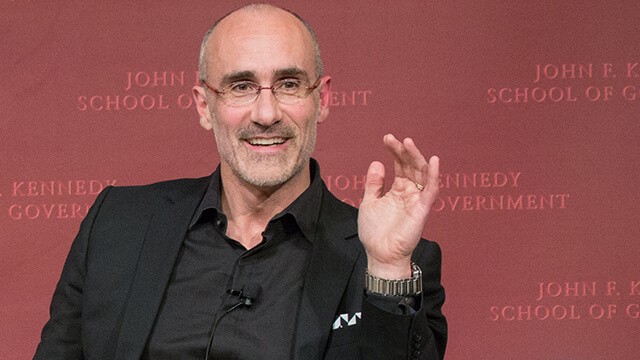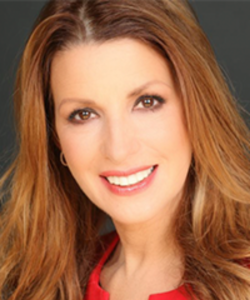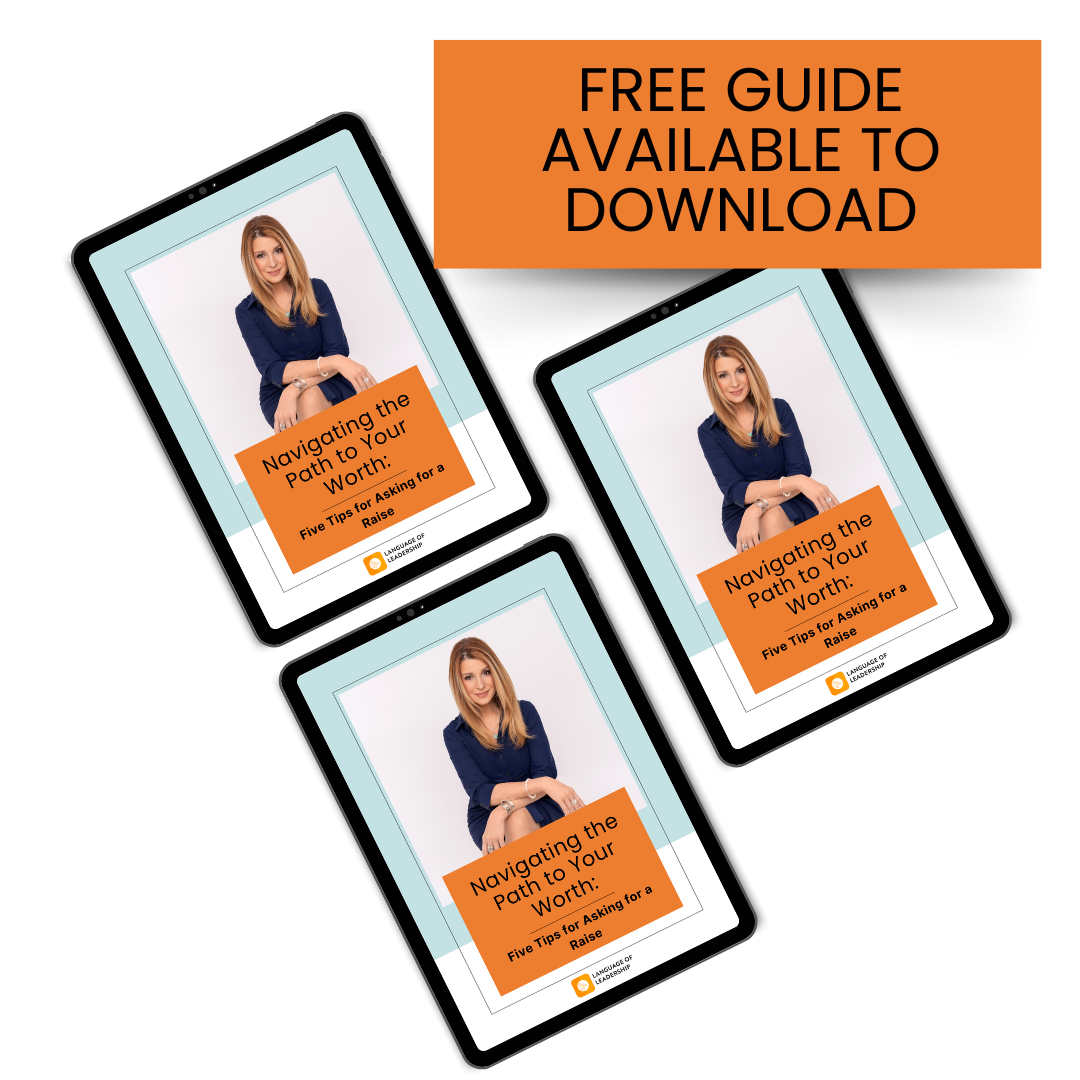Arthur Brooks is a Harvard professor, a PhD social scientist, best-selling author and columnist at The Atlantic magazine.
And when he was 26 years old, he experienced a pivotal moment when he feared he might kill his future wife.
“I was a smoker and I almost set my bed on fire one night,” Arthur told me. “I was engaged, and I said to myself, ‘It’s one thing to kill myself, but it’s something else to kill the woman I’m about to marry. Because sooner or later, I’m not going to be alone here, and I don’t want a fire.’”
How he successfully quit smoking (and successfully preserved the life of his bride of thirty years) is part of Arthur’s approach to the pursuit of happiness and more effective leadership.
“There’s a part of the brain called the nucleus accumbens that governs automatic ability and all your habits whether they’re rhetorical or physical habits,” Arthur explained.
“Like if you go to work and you don’t remember driving there, it’s because your nucleus accumbens was your chauffeur and you were occupying your prefrontal cortex with other things like listening to music or talking on the phone.
“But it also governs your bad habits. So, you can’t fight against it. It will always win against your will power. Don’t fight against Mother Nature; instead find a substitute for it. Give it something else instead. Like the way you can substitute refined sugar with honey which is slightly better for you.”
Or the way 26-year-old Arthur chose to take a walk as a substitute for that urge to light up another fag.
One of his best-selling books is titled, Strength to Strength. I interviewed Arthur as he was on the tour for the book.
“I spend most of my time deprogramming people from their instincts.”
MOTHER NATURE LIES
The name of his next book is likely to be, The World Lies. And the title was triggered when one of his session participants raised their hand and challenged, “What’s wrong with my instincts?”
“The answer,” recalled Arthur, “is that Mother Nature lies to you about your happiness. She wants you to pass along your genes. She doesn’t care at all that you’re happy. This is the key. If you want to be happy, you can’t do what feels good all the time. most people don’t figure that out until it’s just a little bit too late.
“They think, ‘I have an urge to get money. I have an urge to get power. I have an urge to have a lot of pleasure, to accumulate honor or admiration and I want to be happy so therefore doing those things must be the things that will bring happiness.’ and they make a misbegotten connection. The truth of the matter is these things are wrong and until you stand up to Mother Nature you’re not going to find the source of your bliss.
Arthur contends that the bad four habits most of us chase: money, power, pleasure and fame that won’t satisfy us in the long run.
“We need to substitute them with these four things that will satisfy us and we must be unbelievably ambitious about them. The four good habits are faith, family, friends and work that serves other people,” said Arthur.
FAITH
“As a social scientist,” Arthur said, “faith or life philosophy simply means something transcendental to your individual life.
He stated contends that one of the biggest reasons for frustration we may feel in life is because we spend so much time focused on dinner and the commute and getting the kids to school that we don’t make time to zoom out and get perspective and the peace that comes with that.
“I work very closely with the Dalai Lama. He says to get a transcendental view of life, you need to examine your beliefs, you need a contemplative practice and you need to read the wisdom literature.”
Most people, according to Arthur, never do this. They don’t know what they really believe. They don’t pray or meditate or even walk out in nature. They don’t read anything profound.
Interestingly, I thought back to 2018 when I was a guest on an Irish radio program which was discussing an upcoming visit from the Pope. (As a former CNN reporter, I had covered two separate papal visits in the US.) Among the guests was a priest and a nun. It emerged during our chat that I was the only panelist who professed to reading every page of the Bible. I have. A couple of times. I was surprised the other panelists said they had not.








